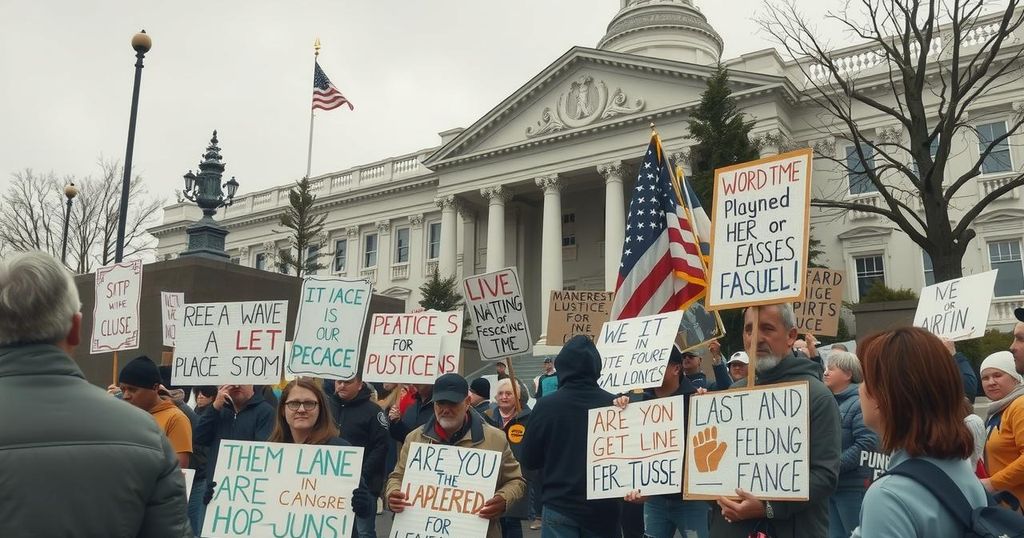A U.N. helicopter attack in South Sudan resulted in the deaths of General Majur Dak and approximately 27 soldiers, leading to condemnation from the U.N. as a potential war crime. This incident could threaten the fragile 2018 peace process between conflicting factions in the country. The situation highlights ongoing tensions and calls for urgent dialogue among South Sudanese leaders to avoid further violence.
On Friday, a tragic attack on a United Nations helicopter in South Sudan resulted in the deaths of a South Sudanese general and numerous soldiers. This incident occurred while they were being evacuated from the northern town of Nasir amidst ongoing violence, as cited by government officials. The United Nations condemned the attack, labeling it “utterly abhorrent” and suggesting it might constitute a war crime.
The helicopter was on a mission to airlift troops following intense clashes between national forces and the White Army militia, an armed group linked to First Vice President Riek Machar’s supporters. In a national address, President Salva Kiir revealed that General Majur Dak and several soldiers were confirmed deceased and noted that Machar had promised the safety of these individuals during the rescue attempt.
Information Minister Michael Makuei announced that approximately 27 troops had died, including a member of the U.N. crew. Although it remains unclear whether the helicopter was attacked in the air or on the ground, the U.N. Mission head, Nicholas Haysom, emphasized the need for an investigation into the incident. He expressed deep regret for the loss of lives during the attempted extraction, especially following the reassurances of a safe passage.
In a separate but related issue, Machar’s spokesperson declined to comment on this attack and his party had previously dismissed allegations of complicity in the violence occurring in Nasir. Concurrently, recent detentions of several senior officials allied with Machar have raised concerns regarding the stability of the 2018 peace deal that had previously ended a devastating civil war.
The White Army, primarily composed of armed youths from the Nuer ethnic group, had previously allied with Machar in the civil conflict between 2013 and 2018 that was mainly between Kiir’s Dinka troops and Machar’s forces. Despite Kiir’s assurances that the nation would avoid a return to war, analysts warn that current tensions may escalate into widespread violence.
In light of these developments, the United Nations has urged all parties to avoid further violence and has called for decisive dialogue from national leaders to address tensions in Nasir and across the country. Although South Sudan officially concluded its civil war in 2018, frequent clashes continue to disrupt peace efforts. The U.N. mission, established after South Sudan’s independence in 2011, currently comprises nearly 20,000 peacekeepers from 73 nations.
The attack on the U.N. helicopter in South Sudan, claiming the lives of a general and several soldiers, raises serious concerns for the peace process that has been fragile since the 2018 agreement. The incident underscores the ongoing tensions and volatility in the region, with the potential for further violence looming. The United Nations has emphasized the need for responsible dialogue among South Sudan’s leaders to mitigate escalating conflicts and restore stability, as the country has seen repeated unrest despite an official end to the civil war. Overall, immediate attention to the situation is crucial to prevent a return to widespread armed conflict and to uphold the peace established in recent years.
Original Source: news.az




